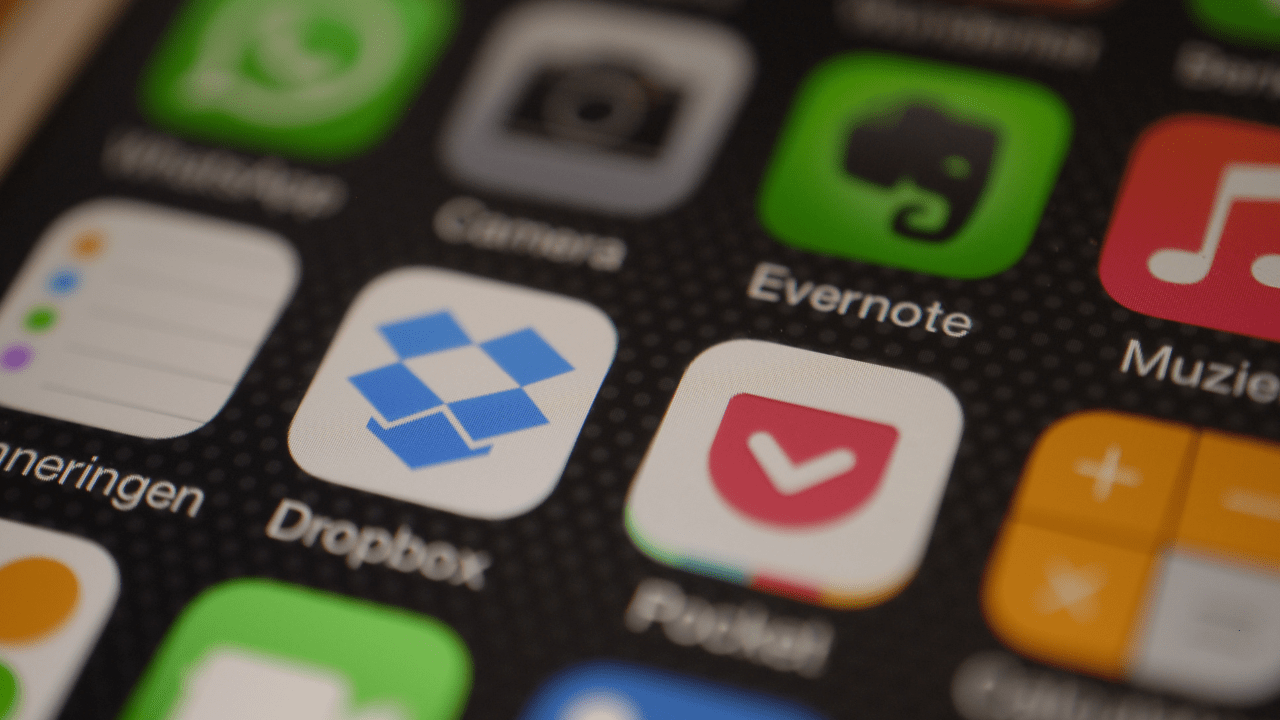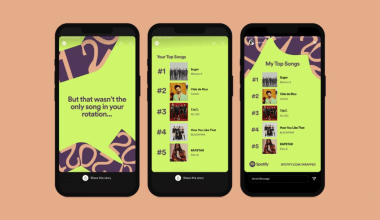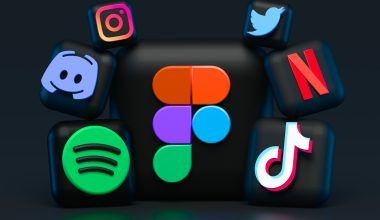Music has always been a cornerstone of human expression. Over the years, the way we consume music has evolved from records to tapes, CDs, and now, digital streaming. In today’s digital age, music apps have become the primary way people enjoy their favorite songs. But why music apps? What makes them indispensable for music lovers?
This blog dives deep into the reasons why music apps have become essential, exploring their benefits, features, and how they’re changing the way we experience music.
Why Music Apps Are Popular
Music apps offer unmatched convenience and functionality. Here’s why they’re so popular:
- Unlimited Access: Enjoy millions of songs from various genres at your fingertips.
- Portability: Listen to your favorite tracks anytime, anywhere.
- Customizable Playlists: Create playlists tailored to your mood and preferences.
- High-Quality Audio: Stream music in high fidelity with premium subscriptions.
- Discover New Music: Algorithms suggest songs and artists based on your listening habits.
Benefits of Music Apps
1. Convenience and Accessibility
Music apps eliminate the need for physical media. With just a smartphone or tablet, you can access a vast library of songs.
- Offline Mode: Download tracks to listen without an internet connection.
- Cross-Platform Compatibility: Use the same account across multiple devices.
2. Cost-Effectiveness
Instead of purchasing individual albums, a monthly subscription provides access to millions of songs. Free tiers with ads make music accessible to everyone.
3. Diverse Music Libraries
From global hits to niche genres, music apps cater to all tastes. Explore music from different cultures, languages, and eras effortlessly.
Key Features of Music Apps
1. Personalized Recommendations
Algorithms analyze your listening patterns to suggest songs, albums, and playlists tailored to your taste.
2. Curated Playlists
Enjoy expertly crafted playlists for different moods, activities, and genres. Popular options include workout mixes, study playlists, and party anthems.
Music apps make it easy to share your favorite tracks and playlists with friends. Some apps even allow collaborative playlists.
4. Lyrics Integration
Sing along with your favorite songs using built-in lyrics features.
5. Live Streams and Podcasts
Many apps include live performances, exclusive releases, and podcasts, adding value beyond music.
Popular Music Apps and Their Features
1. Spotify
One of the most popular music apps globally, Spotify offers a rich library and user-friendly interface.
- Features:
- Personalized playlists like Discover Weekly.
- Collaborative playlists for shared listening.
- Cross-device syncing.
2. Apple Music
Perfect for Apple ecosystem users, it provides exclusive content and seamless integration with iOS devices.
- Features:
- Lossless and spatial audio.
- Human-curated playlists.
- Extensive artist catalog.
3. YouTube Music
Combines music streaming with YouTube’s vast video library.
- Features:
- Watch live performances and music videos.
- Personalized recommendations.
- Seamless integration with Google services.
4. Amazon Music
Ideal for Prime members, offering additional perks like podcasts and HD audio.
- Features:
- Ad-free listening for Prime members.
- High-quality streaming with Amazon Music HD.
- Integration with Alexa devices.
Why Music Apps Are Perfect for Artists
1. Global Reach
Music apps provide artists with access to a global audience, making it easier to gain recognition.
2. Direct Revenue
Artists earn royalties from streams, and many platforms allow fan subscriptions and donations.
3. Analytics and Insights
Artists can access data on their listeners, helping them refine their music and marketing strategies.
How Music Apps Enhance Daily Life
1. For Work and Productivity
Lo-fi beats and instrumental playlists improve focus and productivity.
2. For Fitness and Motivation
High-energy playlists keep workouts exciting and effective.
3. For Relaxation
Calming music and ambient soundscapes help reduce stress and improve sleep.
Create and share playlists for parties, road trips, and gatherings.
Challenges with Music Apps and How They’re Addressed
1. Data Consumption
Streaming music can consume a lot of data. Most apps offer offline downloads to mitigate this.
2. Ad Interruptions
Free tiers come with ads, but premium subscriptions remove these interruptions.
3. Music Licensing
Not all songs may be available due to licensing restrictions. Apps continuously expand their libraries to address this.
Future of Music Apps
The evolution of music apps shows no signs of slowing down. Here’s what to expect:
- AI Integration: Smarter algorithms for better recommendations and custom playlists.
- Enhanced Interactivity: Virtual concerts, live chat with artists, and AR/VR experiences.
- Sustainability: Partnerships to support eco-friendly streaming practices.
Conclusion
The question why music apps is no longer about whether they’re necessary but about how they’ve revolutionized our relationship with music. These platforms offer unparalleled convenience, vast libraries, and a personalized listening experience that caters to every mood and moment.
Related Articles:
For further reading, explore these related articles:
- How to Make a Music Video: Creative Tips & Step-by-Step Guide
- How to Upload YouTube Music: Easy Steps to Share Your Tracks
For additional resources on music marketing and distribution, visit Deliver My Tune.






